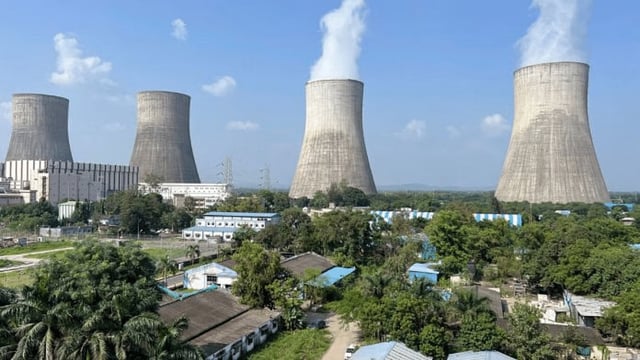Overview
- On July 11 the environment ministry pushed back the flue-gas desulphurisation compliance deadline to 2027 and exempted about 78% of India’s 537 coal-fired power units.
- Only the 9% of plants within 10 km of million-plus cities must install FGDs, installations at 13% of facilities will be assessed case by case and the remaining 78% face no retrofit requirement.
- MoEFCC officials cite domestic coal’s low sulphur content and independent studies showing ambient SO₂ concentrations between 3 and 20 µg/m³—well below the 80 µg/m³ threshold—as justification for the selective mandate.
- Retrofitting FGDs across all thermal stations was estimated at Rs 2.4 lakh crore with projected electricity tariff rises and an additional 69 million tonnes of CO₂ emissions from auxiliary power use and limestone processing.
- Policy analysts praise the data-driven, cost-sensitive approach for protecting grid reliability, while environmental groups warn that scaling back FGDs risks undermining India’s clean air objectives.

